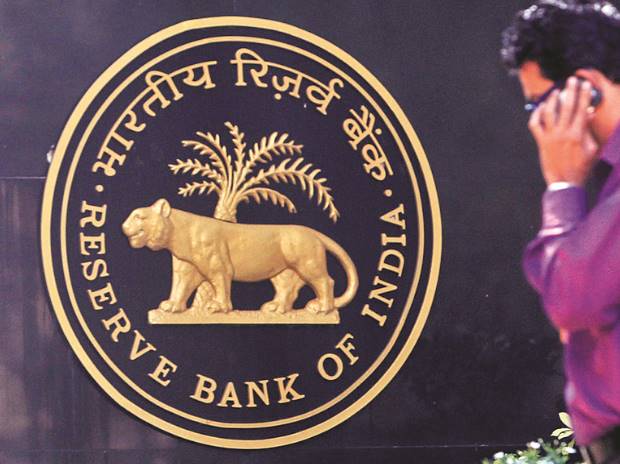
Whose fault is it that our Mathayom 6 (12th grade) students failed four out of five subjects on average in the latest round of the Ordinary National Educational Test (O-Net)? Most scored under 50% in mathematics, English, social studies and general sciences, and just scraped through on the fifth subject, Thai language.
This reflects a nagging problem with Thailand’s education system that governments past and present have failed to resolve despite dedicating much of the national budget to the Education Ministry over the years .
In a bid to address this perennial problem, Thammasat University’s Faculty of Liberal Arts recently invited two well-known experts from Finland over to share their expertise.
Finland routinely ranks as the world’s top global education system and famously has no banding system (all pupils are taught in the same classes, no matter their level of academic ability). It was ranked No.1 in this field by the World Economic Forum last year, followed by Switzerland and Belgium (joint second) and Singapore (No.4).
And as it turns out, the two veterans identified two of the biggest causes of Thailand’s educational flaws, and spelled out some ways to fix them.
The main problem is the “inequity” of educational opportunities available for children in urban and rural areas, according to one of the invitees, Pasi Sahlberg.
“If you have a lot of inequalities in your education system, it makes it that much more complicated to increase the quality of education,” Mr Sahlberg told the Bangkok Post.
“If you look at the average performance of Thailand in international educational comparison, it proves that the situation is very difficult as long as inequality exists.”
Back in the 1970s, when Finland decided to push for major changes to its education system, Mr Sahlberg said his country had a consensual vision that the key to the long-term success of the nation’s development was the quality of its human resources — using enhanced education as an instrument.
This was based on the belief that education has a positive impact on all aspects of a country’s development including its economy, politics, arts and culture.

Since then, Finland has worked to gradually erase inequality by turning education into a public service that is accessible to everyone.
[Source:-Bangcock post]













